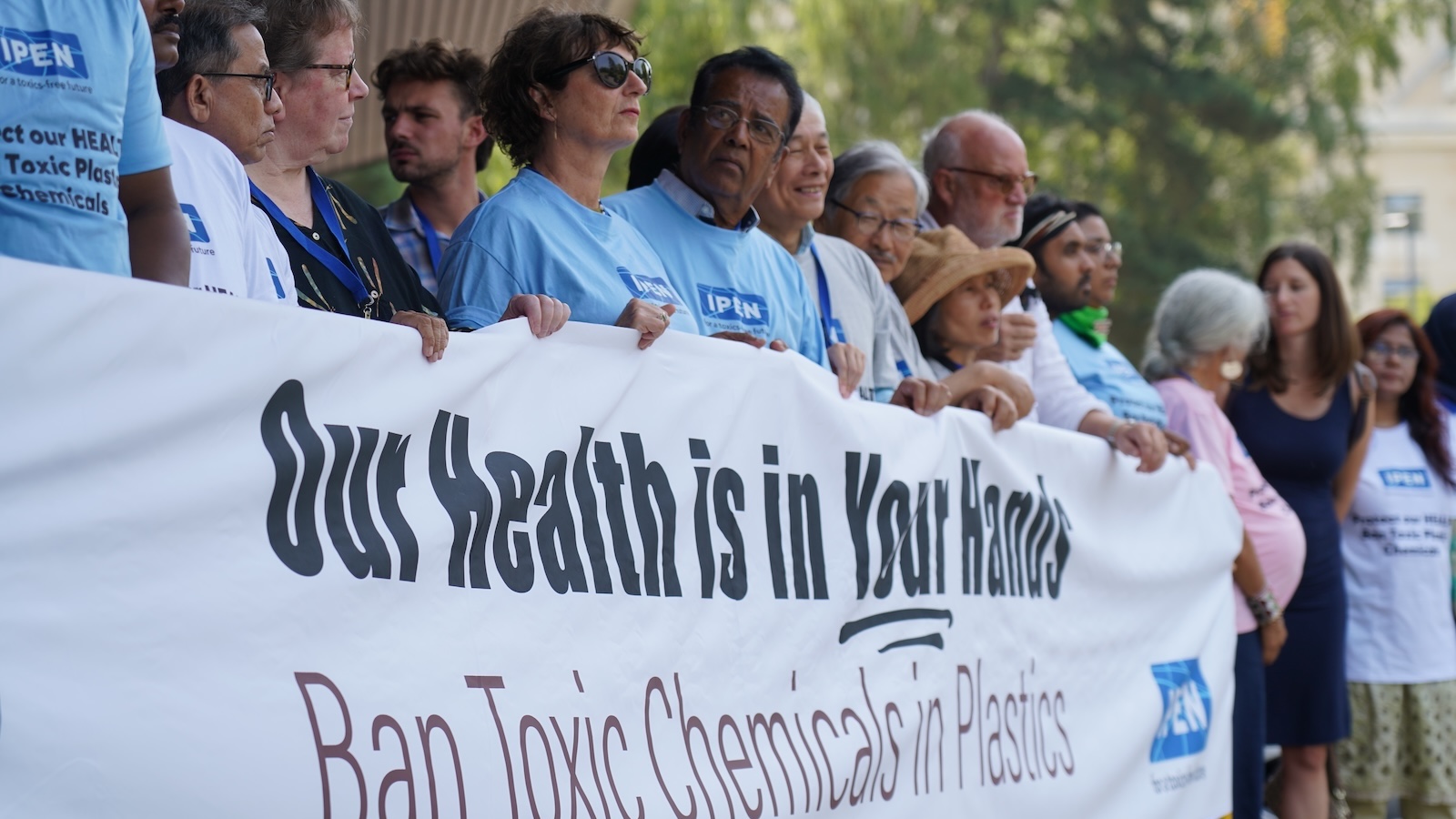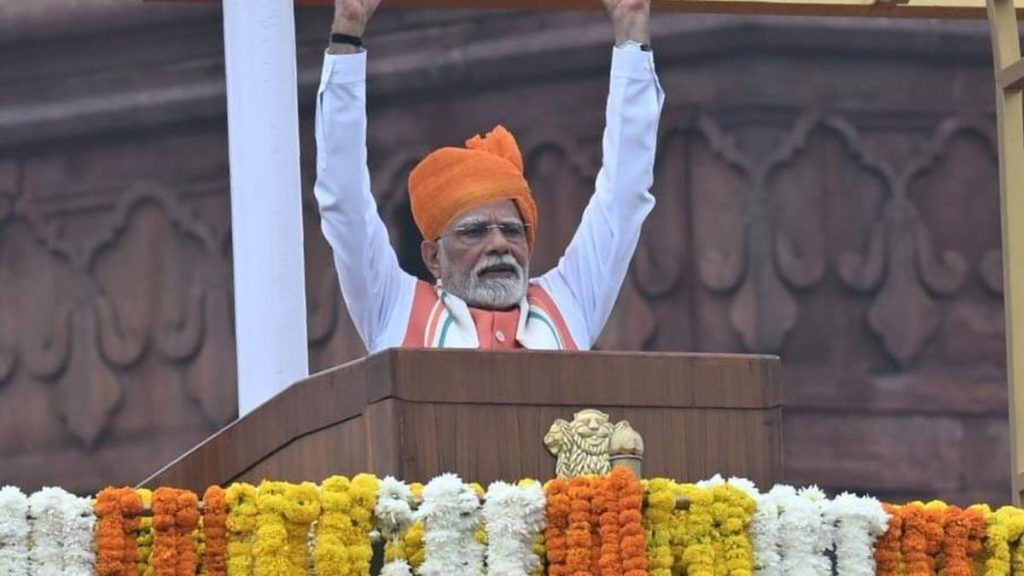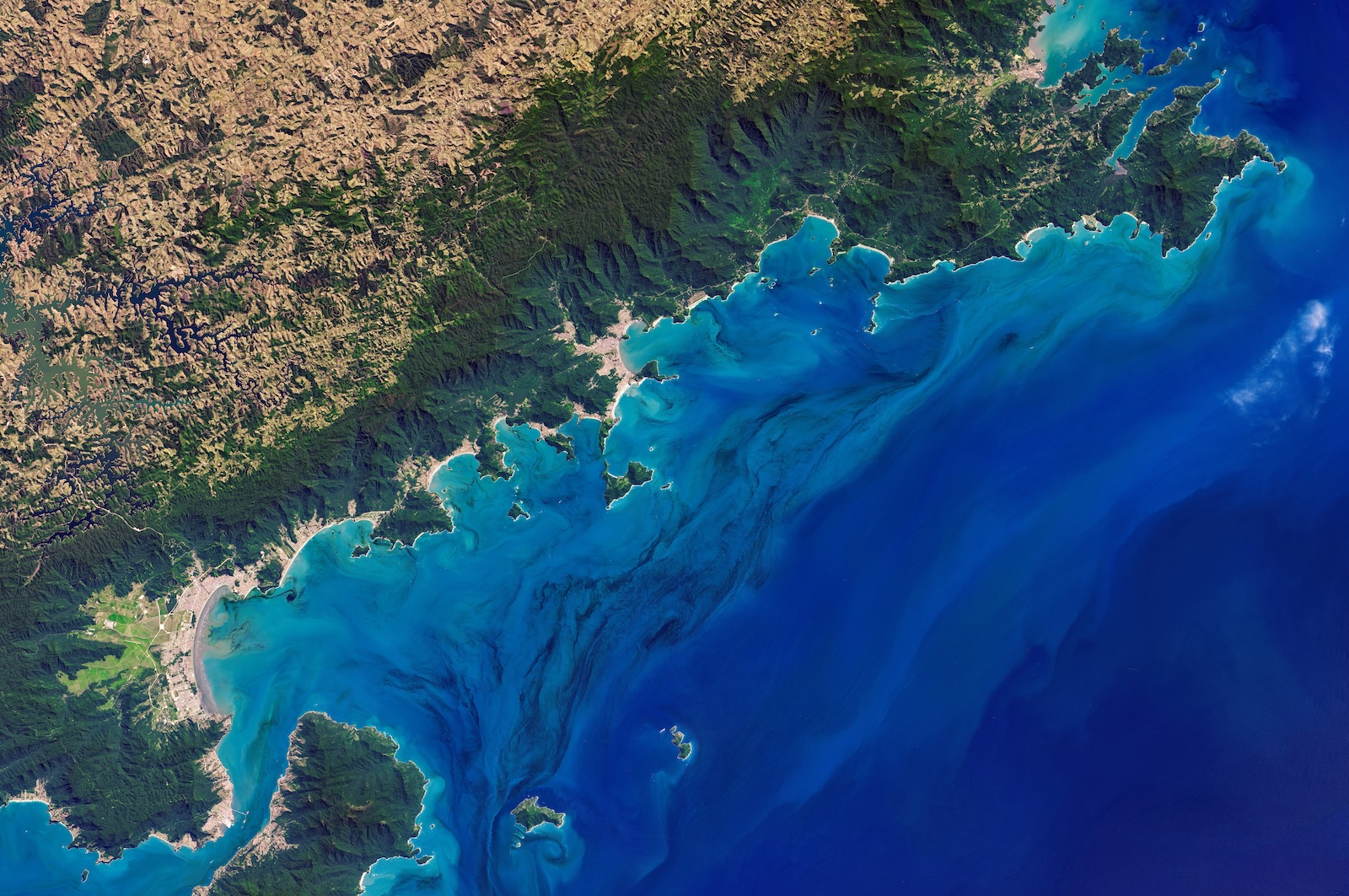Now Reading: UN Plastics Treaty: Health’s Role Faces Uncertainty
-
01
UN Plastics Treaty: Health’s Role Faces Uncertainty
UN Plastics Treaty: Health’s Role Faces Uncertainty

Quick Summary
- U.N.negotiations for a plastic pollution treaty, ongoing in Geneva, face contentious discussions over including health protections in the final agreement.
- scientists and activists stress that plastics harm human health throughout their lifecycle – from production to disposal -with studies linking exposure to higher risks of leukemia, oral cancer, cardiovascular disease, and notable healthcare costs.
- Drafts of the treaty initially included legally binding obligations on health but have as removed such references. Some countries argue that plastic pollution’s impact on human health should be treated under separate international frameworks.
- Countries like Saudi Arabia support scaling back health-related provisions citing economic interests; oil-based economies resist measures reducing plastic production or banning hazardous chemicals.
- Environmental groups and several nations advocate for stronger measures and decry the current draft as insufficient. Panama’s negotiator labeled it a betrayal of future generations.
- The talks are yet unresolved; another negotiation round might occur if consensus cannot be reached.
Indian Opinion Analysis
The debate within U.N. negotiations reflects broader global challenges: balancing environmental responsibility with economic interests rooted in fossil fuel reliance. For India, this issue is acutely significant given its dual identity as an emerging economy relying on petrochemicals while also needing robust public health protections against burgeoning environmental hazards.
A weak global plastics treaty could delay technological shifts to safer alternatives and incentivize unsustainable policies elsewhere-posing long-term risks even to India’s own domestic efforts aligned with sustainable progress goals (SDGs). Conversely, stronger global cooperation may address pressing public-health concerns linked to microplastics and chemical additives pervasive in everyday life.
As one of the high-consumption economies encountering rising waste-management challenges, India must weigh its stance carefully at any future multilateral forums tied to this treaty-remaining assertive about integrating scientific evidence on human-health impacts without undermining equitable growth ambitions.
























